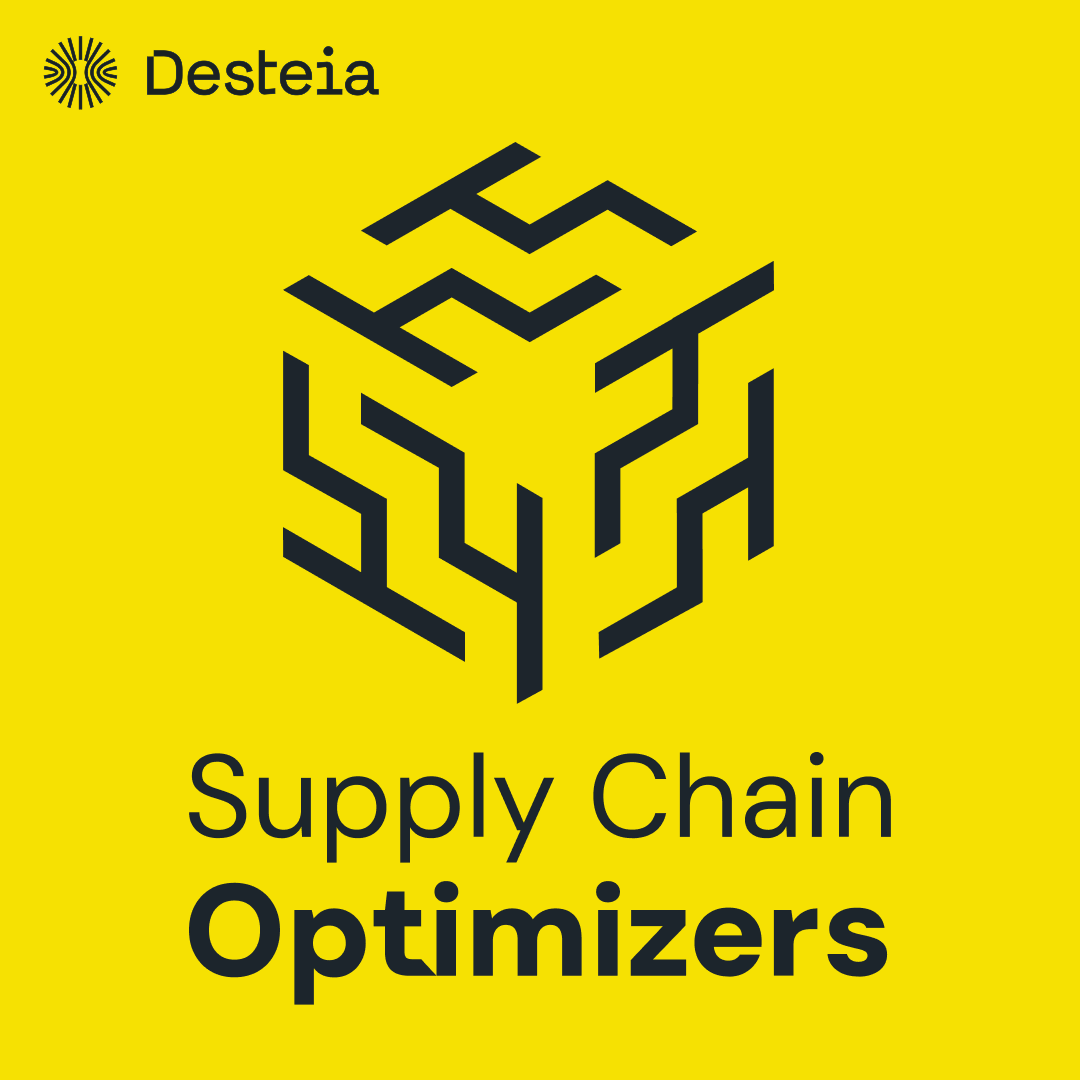Solving the 50-Million Store Puzzle with Christopher Mejia
July 17, 2025

What if the future of global supply chains depends not on large-format retailers, but on 50 million tiny, family-run shops in emerging markets?
Host Diego Solorzano sits down with Christopher Mejia, Director and founder of MIT’s Food and Retail Operations Lab, to explore how 50 million nanostores in emerging markets could be the key to transforming global supply chains. Learn how Mejia and his team are combining mathematical optimization, AI, and social impact to redesign food distribution networks, balance nutrition goals with logistics efficiency, and cut costs by up to 20%. This episode provides a powerful glimpse into local commerce as a catalyst for significant change.
What if the future of global supply chains depends not on large-format retailers, but on 50 million tiny, family-run shops in emerging markets?
Host Diego Solorzano sits down with Christopher Mejia, Director and founder of MIT’s Food and Retail Operations Lab, to explore how 50 million nanostores in emerging markets could be the key to transforming global supply chains. Learn how Mejia and his team are combining mathematical optimization, AI, and social impact to redesign food distribution networks, balance nutrition goals with logistics efficiency, and cut costs by up to 20%. This episode provides a powerful glimpse into local commerce as a catalyst for significant change.
What you will learn:
- Why nanostores are essential community hubs and why they will remain relevant despite modern retail growth
- The complex optimization challenges of serving 50 million nanostores
- Why reaching small retailers effectively needs direct and indirect distribution strategies
- How to balance nutrition goals with logistics efficiency in food distribution networks
- How combining operations research and AI reduces logistics cost by up to 20%
- Why data-driven public policy is essential for improving emerging market supply chains
Christopher Mejia is the Director and founder of the MIT Food and Retail Operations Lab and a leading expert in supply chain optimization, with over 15 years of experience tackling logistics challenges in emerging markets. A passionate researcher, author of Reaching 50 Million Nanostores, and advocate for data-driven policy, Mejia focuses on reducing poverty, food insecurity, and inefficiencies through applied research. His work combines mathematical modeling and social impact to create sustainable, equitable strategies for improving food distribution and retail operations in underserved regions.
Key Highlights:
- 08:07 - Understanding Nanostores: The Hidden Retail Giants
Christopher Mejia reveals that nanostores are family-owned retailers constrained by limited space and budgets, but they serve as crucial community hubs in emerging markets. These small shops, despite handling most daily consumer purchases, operate with fragmented data systems, often just notebooks for inventory tracking. The risk-averse behavior of shopkeepers, combined with their reliance on CPG manufacturers, creates unique optimization challenges for supply chains. A major complexity comes from managing perishable goods alongside regular inventory, which requires sophisticated stochastic modeling approaches. The optimization solutions must balance commercial efficiency with social impact, particularly in improving nutritional access for vulnerable populations.
- 20:26 - Vehicle Routing Innovation in Last-Mile Delivery
The integration of multi-compartment vehicles with compatibility constraints presents a fascinating optimization challenge in nanostore logistics. In emerging markets, delivery routes must serve up to 100 stops per route, compared to just 30 in developed countries, thereby dramatically increasing computational complexity. The solution requires sophisticated methods like adaptive large neighborhood search and evolutionary algorithms to handle various product types, including dry, chilled, frozen, and humidity-controlled items. The optimization must consider not just efficiency but also nutritional value delivery to communities.
- 31:05 - Achieving 20% Logistics Cost Reduction
A major Latin American company achieved an 18-20% reduction in logistics costs through the implementation of combined operations research and AI approaches. The project involved optimizing cargo combinations, routing strategies, and fleet management across national distribution networks. The key success factor was building an analytics team that could leverage both traditional OR methods and machine learning capabilities. The company's transformation from pure data-driven decisions to incorporating operations research principles showcases the power of hybrid approaches. The project's most significant impact was enabling the company to handle stochastic elements independently, leading to sustained optimization improvements.
- 41:43 - Practical Approach to Supply Chain Optimization
Christopher explains that companies beginning their optimization journey should start with simple combinatorial optimization. The approach emphasizes modular development, allowing gradual complexity increase while maintaining solution clarity. Stochastic programming becomes crucial for handling real-world uncertainties like tariffs and delivery variations. The focus should remain on creating understandable and implementable solutions rather than unnecessarily complex models. This methodical approach helps companies build lasting optimization capabilities while avoiding the trap of overcomplicated solutions that practitioners won't use.
Episode Resources:
- Christopher Mejia on LinkedIn
- Emerging Market Economics Logistics Lab Website
- Diego Solorzano on LinkedIn
- Desteia Website
- Supply Chain Optimizers on Apple Podcast
- Supply Chain Optimizers on Spotify
Supply Chain Optimizers is handcrafted by our friends over at: fame.so